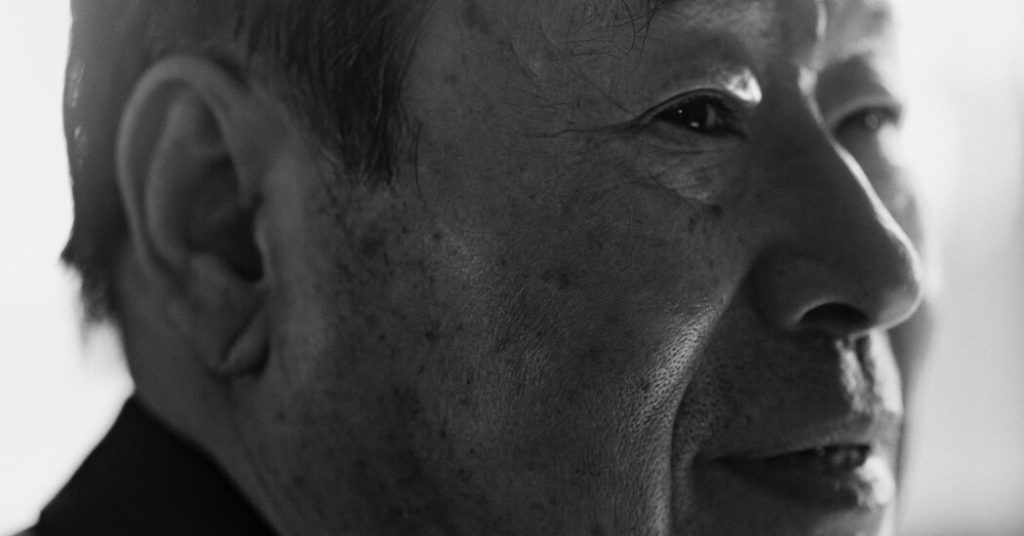The Chinese government’s seemingly disproportionate concern with overseas dissidents, given the stark power imbalance between them and the Chinese state, stems from a deep-seated historical awareness of the potential for externally organized movements to destabilize domestic power structures. This anxiety is not merely a contemporary phenomenon but is rooted in China’s own revolutionary past. The overthrow of the Qing dynasty in 1911, significantly influenced by Sun Yat-sen’s overseas organizing and fundraising, and the Communist Party’s own ascent to power in 1949, partly facilitated by contributions from leaders abroad, serve as potent reminders of the potential for externally based movements to reshape the political landscape. This historical precedent informs the party’s contemporary vigilance against what it perceives as threats to its authority.
The Party’s sensitivity to external influences is further amplified by its identification of the “five poisons”: Uyghurs, Tibetans, Falun Gong practitioners, proponents of Taiwanese independence, and advocates for democracy in China. These groups, representing diverse ethnic, religious, and political viewpoints, are perceived as potential catalysts for internal unrest and challenges to the Party’s legitimacy. The government’s focus on these groups extends beyond their activities within China’s borders. Recognizing the potential for overseas mobilization and influence, the Party invests considerable resources in monitoring, disrupting, and discrediting these groups internationally. This includes intelligence gathering, cyber espionage, and influencing public opinion through various channels.
The Party’s efforts to control the narrative surrounding these groups and suppress dissenting voices are part of a broader strategy to project an image of strength and stability, both domestically and internationally. By minimizing the visibility and impact of dissident voices, the Party aims to maintain its grip on power and prevent any erosion of public confidence in its leadership. Public displays of dissent, even those occurring far beyond China’s borders, are seen as undermining the Party’s carefully constructed narrative and potentially emboldening domestic opposition.
The 2008 Beijing Olympics provides a clear illustration of the Party’s sensitivity to overseas dissent and its proactive measures to control the narrative surrounding such events. The meticulous efforts undertaken by Chinese authorities to ensure a smooth and uninterrupted Olympic torch relay through San Francisco, including last-minute route changes and the deployment of individuals to monitor and deter potential protesters, highlight the extent to which the Party prioritizes the projection of a positive image and the suppression of dissenting voices. This incident underscores the Party’s vigilance in safeguarding its image and maintaining control over the narrative surrounding international events involving China.
This vigilance extends to a wide range of activities, from monitoring online discussions and social media activity to infiltrating overseas communities and engaging in influence operations. The Party’s objective is not only to suppress dissent but also to shape the international perception of China and its policies. This includes efforts to discredit critics, promote a positive image of the Party, and influence international organizations and governments.
The Party’s concern with overseas dissidents is not merely about silencing criticism but is deeply intertwined with its broader strategy of maintaining power and control. By suppressing dissenting voices, both within and outside China, the Party aims to prevent the emergence of organized opposition and maintain its grip on power. This approach reflects the Party’s deep-seated belief in the importance of controlling information and shaping public opinion to ensure its continued rule. The Party’s vast resources and sophisticated surveillance apparatus allow it to monitor and respond to perceived threats, both real and imagined, with remarkable efficiency. This comprehensive approach to maintaining control extends beyond simply silencing dissent to actively shaping public perception and promoting a narrative that reinforces the Party’s legitimacy and authority.


